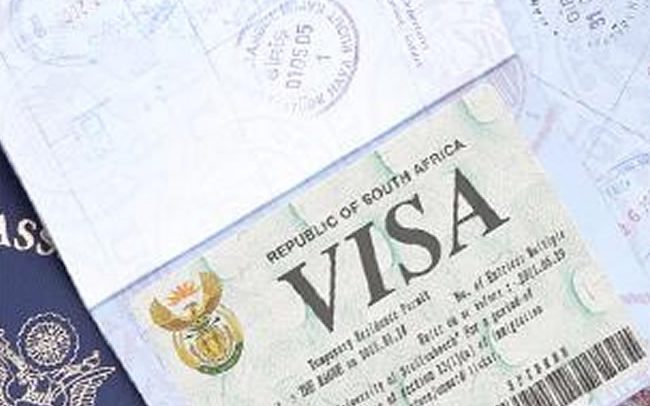Ghana and South Africa have announced the introduction of a visa-free travel agreement from November 1, 2023.
This agreement covers holders of ordinary passports who will now be allowed to stay in either country for up to 90 days without the need for a visa.
The Ministry of Foreign Affairs and Regional Integration in Ghana confirmed the development in a statement issued on Friday.
It said the two countries had entered into the agreement to ease travel for citizens and promote tourism.
The visa-free travel also allows for transiting between the countries without work permits. This development would boost business and cultural ties between Ghana and South Africa.
The move to introduce a visa-free regime between Ghana and South Africa was first announced in May this year when Prime Minister Dr. Abiy Ahmed of Ethiopia brokered the historic agreement during a three-day visit to South Africa.
The implementation of the visa waiver regime is expected to boost trade and tourism between the two African countries. Both nations hope that by waiving visa fees, they will encourage increased investment and economic opportunities.
According to data revealed by the Ghana Investment Promotion Centre (GIPC), South Africa is currently Ghana’s third-largest trading partner, with a trade volume of over $2.2 billion as of 2021.
The GIPC expects that the visa-free regime will enable Ghanaian business owners and investors to visit South Africa directly without any delay or difficulties. This will make it easier for them to explore available business opportunities in the country.
The same applies to South Africa, as the new regime will allow South African entrepreneurs to visit Ghana without worrying about visa requirements or expenses.
The visa-free regime between Ghana and South Africa is a significant step towards African integration, economic growth, and development.
This partnership will facilitate mutual cooperation and benefit both countries in various sectors of the economy, including education, healthcare, and trade.
By Vincent Kubi


